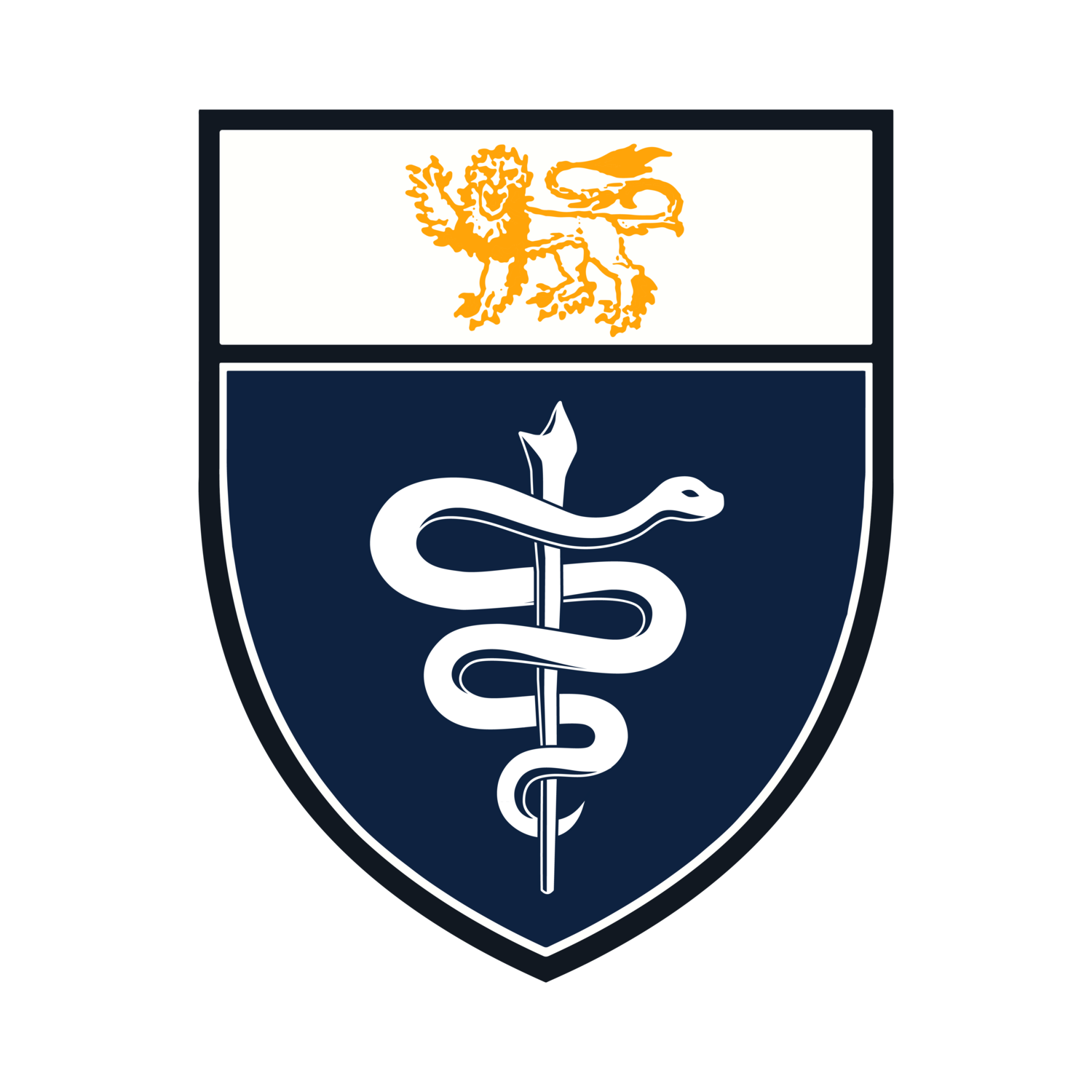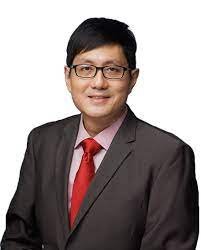Day 2 of the Careers Symposium 2021 began with a sharing session from our esteemed panel of surgeons. They each addressed the various jobscopes, work experiences and realities of their jobs, as well as things someone should consider if interested in that specialty.
General Surgery: Asst Prof Celene Ng
Firstly, Assistant Professor Celene Ng reflected on her time working in General Surgery, particularly on her experience as a breast surgeon. She revealed that one of the parts of her job she enjoyed the most was that breast surgery as a discipline is constantly changing, and she finds excitement in both the process as well as the camaraderie (the coffee breaks, she told us, are great!). Prof. Ng’s passion for medicine began the first time she saw a beating heart in person – that spurred her to do medicine; she made the decision on her specialty during her reg posting as she wanted a “first touch specialty” and to provide a patient with continuity of care. She shared that anyone thinking about breast surgery specifically should think on the fact that related prospects are not mobile (there is little opportunity for mission work, etc.) and those who enjoy working with their hands and are willing to sacrifice their time should consider it. Her final advice to the audience was divided into 3 main thoughts: 1. the value of a good support system as the road ahead will be long and difficult, 2. the need to moderate one’s own limits and expectations and not benchmark oneself against those too senior or junior in not only knowledge but also happiness and fulfilment, and 3. the importance of being able to turn one’s job into a career, making the best of long hours and finding the joy and contentment in medicine to make it a lifelong journey.
Orthopaedic Surgery: Asst Prof Francis Wong
Next, Assistant Professor Francis Wong started his session on a more light-hearted note: discussing the common impressions of orthopaedic surgeons as “strong, a bit knuckle-headed, always thinking about sports, and party animals” – he shared that not all of that is true, but that orthopaedic surgeons do know how to party when they have the time! A routine day in Prof. Wong’s life begins with morning rounds, followed by surgery and/or clinics as well as education, administrative and research work. He disclosed that he enjoys orthopaedic surgery because it provides what he referred to as “instant gratification” – patient issues are often resolved quickly and the success of a surgery is apparent soon after it is performed. Prof. Wong also said that he has an interest in research which his specialty has helped to nurture, and the rise of surgeon scientists has allowed them to push the frontier of medicine. His primary advice for anyone interested in orthopaedic surgery fell into two main trains of thought; firstly, it is important to shore up one’s CV with research and publications, community service, presentations etc., and secondly, “street cred”, reputation and compatibility with others, particularly those in the orthopaedics department, is key, and it is crucial to be cognisant of this and build connections/show keenness and interest even during HO postings. He added that finding a niche skill to benefit an institution’s programme such as translational research or education was also valuable.
Obstetrics and Gynaecology: Dr Huang Zhong Wei
Dr Huang Zhong Wei followed with his breakdown of life working in Obstetrics and Gynaecology. He began by running through a typical day for him: IVF scans and other procedures, administrative/research education meetings, clinics, deliveries (as well as the fact that he is often on call 24/7). Dr Huang shared that he completed a PhD before his residency and is a surgeon scientist with particular interests in research and education. The prospects in his specialty, he went on, are ever-changing – the number of doctors in it are increasing, but birth rates are going down. His job involves a significant amount of subspecialty work: ultrasounds, maternal-foetal medicine, deliveries, surgeries, office procedures, scans, IVF, family planning, counselling, etc. make up a routine amount of his work. Dr Huang also reflected on the demands of the job, where it can be very tiring (burnout rates are high!) and one needs to have the right approach and attitude to last, but though it is often a long journey, the gratification at the end is amazing. He suggested that anyone interested in Obstetrics and Gynaecology should speak to someone they trust and think on their own suitability for the work with respect to personality, interest and eventual career goals.
Ophthalmology: Assoc Prof Yip Chee Chew
Thereafter, Associate Professor Yip Chee Chew shared his experience in Ophthalmology. He revealed that it provides a good work-life balance and allows those involved to straddle the worlds of both medicine and surgery; he also shared that he finds professional satisfaction in the refined surgical techniques used in his specialty e.g. microsurgery. Prof. Yip works as a clinician, educator and researcher on a daily basis while also performing administrative work. A large part of his work, he reflected, was in service to patients: direct patient care (often outpatient), working on quality improvements (through projects e.g. changing patient flow), community health involvement (preventative health and screenings, patient education), but there is also a strong clinical knowledge aspect, with work often becoming trans-specialty (e.g. radiotherapy, endocrinology). Prof. Yip emphasised the importance of being genuinely interested in both the specialty and serving the community, as well as possessing good manual dexterity and having good relationships with the ophthalmology teams. He also noted that research and having a good track record in is were helpful, and passing the FRCOpth1 examination is key.
General Surgery: Dr Raj Menon
Dr Raj Menon then kept the session going with an exploration of his personal experience in general surgery and trauma surgery. A day in Dr Raj’s life is split into the 4 main aspects of his job: clinical (surgeries, rounds), administrative (as a clinical director and member of the National Trauma Committee), education (largely in residency programmes) and research (in which his interests are primarily injury prevention, trauma systems and endovascular interventions in trauma). He shared his breakdown of the journey towards becoming a surgeon, beginning with med school, following through PGY1 and MO years, into residency for which there is a 5 year training programme in general surgery, followed by subspecialty training locally or overseas. Dr Raj reflected that working in the public sector has provided him with a greater variety of more complex cases and an achievable work-life balance, and that his trauma team is as close as family to him. He went on to say he chose trauma for the gratification of helping people (particularly because his patients are often very young) as well as the professional creativity and wide breath of skill sets it allows him to practice/gain, and vascular surgery for the excitement as the “last line of defence”, the ability to provide good palliative care and because it went well with trauma surgery. Dr Raj’s main advice to those considering his specialty is to take their time making a decision, discussing it with as many people as possible and asking themselves honestly if they are ready for a difficult journey. He also discussed briefly the standard process of selecting surgeons, through interviews, team-based tasks, suturing tests and stations, etc.
Otolaryngology: Dr Joshua Tay
Dr Joshua Tay brought the session to a close with an overview of his experience in Otorhinolaryngology. He shared that there is a great deal of both breadth and depth in his specialty, due to the multiple subspecialties and spectrum of complexities involved – this, he noted, opens doors for teamwork with many other specialties (e.g. anaesthesiology), creates a tremendous scope for research and provides a professional challenge for ENT surgeons. Dr Tay went over the standard path for a resident: separated into block rotations over 5 years including general surgery, anaesthesia, otology, rhinology, paediatrics, research and head & neck surgery. He reflected that normal surgical training e.g. suturing is not particularly applicable to his specialty, however dexterity and good hand-eye coordination is key to handling the very steep learning curve. Dr Tay concluded by advising those interested in Otorhinolaryngology to do ENT rotations, practice suturing/hand ties, bolster their ENT knowledge and research profiles and build good relationships with the ENT teams as it is a small and highly interconnected community.







